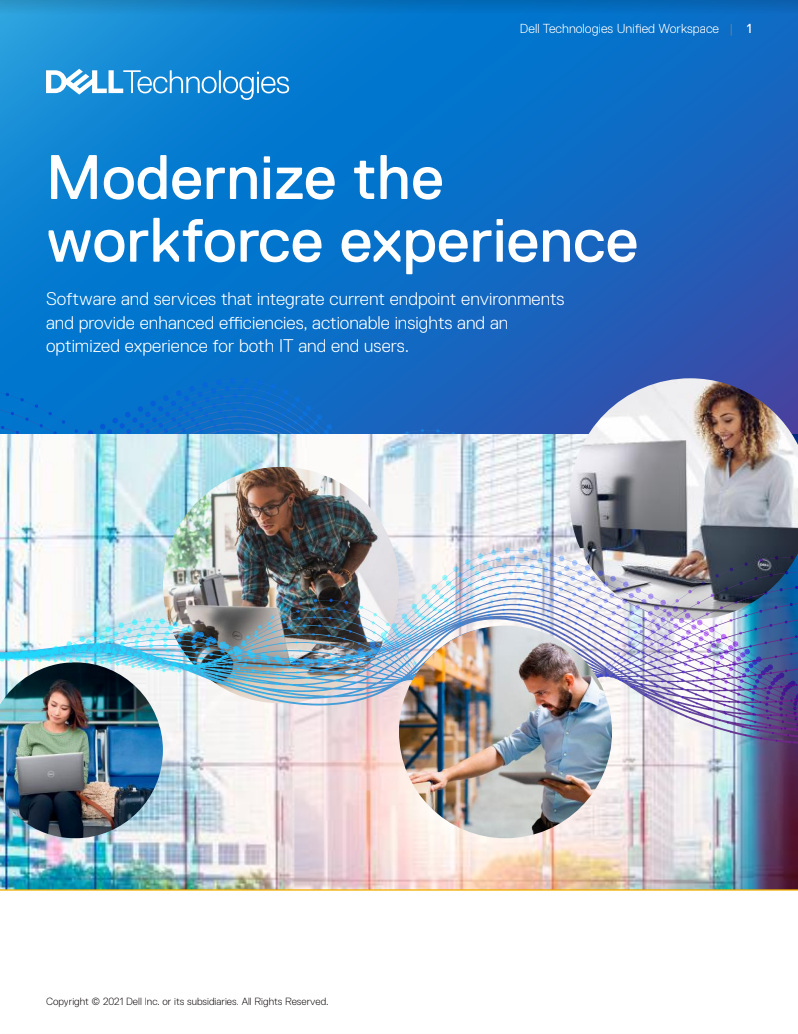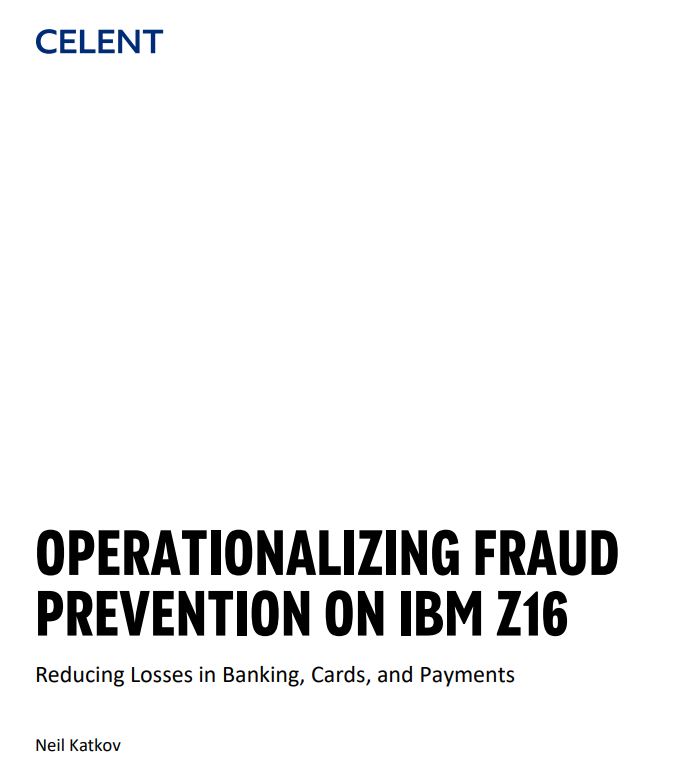CFO job description: What does a chief financial officer do?
They have an essential role in helping organisations develop and thrive, but how much scope do these finance experts usually have?


Sign up today and you will receive a free copy of our Future Focus 2025 report - the leading guidance on AI, cybersecurity and other IT challenges as per 700+ senior executives
You are now subscribed
Your newsletter sign-up was successful
Second only to the CEO, the chief financial officer (CFO) is one of the most important roles in any business. CFOs are critical because, as you might have guessed, they need to have a firm grasp of an organisation’s finances.
In a business, the CFO takes the lead in making sure that anything related to finance is closely scrutinised and under control. This includes everything from how everyday business operations affect profit and revenues to what the company spends its money on.
You might think that a CFO is only a company’s most high level accountant, but their role is much more intricate than that. They take part in making decisions at the executive-level of a company and are usually crucially involved in its main strategy. Usually a CFO’s insight is considered to be invaluable, and many listen to them to see if ideas are workable or even if there are better options.
In most businesses, a CFO will probably report to the head of the company, the CEO, and the two need to be able to work together seamlessly considering the proximity of their roles. However, it isn’t the same in every organisation. The layout of the executive team and how big the company is play an important role in dicating how much involvement the CFO has across the business. It’s possible, therefore, that a CFO could be in charge of not only the finance department, but also the operations and IT teams. In a huge organisation, on the other hand, the CFO would probably stick to monitoring the business’s finances.
As such, the role is varied and the CFO may be expected to oversee the controllership, the treasury, economic strategy, and forecasting. In some businesses, this may be known instead as a financial director rather than a CFO, while in others, there will be both a financial director and a CFO, with the former reporting to the latter.
What is a CFO's role around financial controllership?
Controllership is a major part of a CFO's role. It refers to analysing a company's financial position and reporting back to key stakeholders in the business, such as the board.
RELATED RESOURCE

Modernise the workforce experience
Actionable insights and an optimised experience for both IT and end users
FREE DOWNLOAD
Controllership also involves analysing the company's historical data and predicting trends in its financial position. This could be seasonality, looking into how political events such as elections may have affected figures and then feeding this back to everyone in the business and analysts that play a crucial role in strategy.
Sign up today and you will receive a free copy of our Future Focus 2025 report - the leading guidance on AI, cybersecurity and other IT challenges as per 700+ senior executives
Any reports the CFO collates must be accurate and allow for swift business decisions to be made by the rest of the business, such as whether investment is needed, new product launches, or if other resources are required to support business growth.
The information may also be supplied to third parties, such as external accountants or other businesses, particularly if it is seeking investment or acquisition. The information for the reports can be provided by various departments within the organisation, but it is the CFO's responsibility to ensure the data is correct and create actionable strategies from the data.
A larger company will depend on the CFO to present the information to the board on a regular basis. In some company's the CFO will scrutinise every expenses form submitted by employees - or at least conduct spot checks - to ensure everything is in line with company policy and compliant with any external regulation, too.
What are a CFO's treasury duties?
Treasury duties involve looking at an organisation's present financial condition. This includes the effective management of cash flow and overhead expenses, as well as establishing credit terms for customers and more favourable payment terms from vendors.
The CFO must decide on how to invest money while considering risk and liquidity. An organisation's CFO should also oversee its capital structure, figuring out its equity, debt and internal financing. Fixing problems around capital structure is the biggest job of a CFO.
A CFO also needs to have effective controls that provide oversight against fraudulent and other criminal activities. A CFO will also be responsible for addressing compliance issues, the most basic of these are filing and paying taxes.
How does a CFO help a company strategise?
The CFO of an organisation must also look to the future and help in planning its financial future. The CFO needs to find and report what areas of a company are most effective and how the organisation can exploit this information.
Within an organisation, a CFO can help assess output and search for areas of effectiveness that can be grown to further improve success. They can be called upon to exploit their knowledge of markets, funding, and the overall economic outlook to help organisations make better decisions about risk and resource allocation.
What qualifications are required for a CFO?
The qualifications you need to become a CFO can vary depending on the type of organisation. As their main responsibility is financial management, you would expect a CFO to have experience, training and qualifications in accounting and finance. Larger organisations will often also dictate that their CFO has an MBA and/or advanced degree in accounting, finance, or economics.
A CFO should also have a strong dose of business acumen and nous, as that will help them offer strategic advice backed up by financial knowledge and data that should better aid business decision making. By the time a person has reached the position of CFO, they should already have gained a plethora of business experience.
What is a CFO's salary?
Like many jobs, the salary you can expect to earn as a CFO varies depending on many factors, including experience, location and sector. Payscale figures from May 2022 suggest that the national average is £98,313, ranging from £51,000 to £156,000, making it one of the best paying jobs on the market.
What role do CFOs play in business success?
As outlined above, the CFO role is absolutely critical to the continued financial health and wider success of any organisation. After all, no company can just spend without making a profit or reinvesting revenue in new product or service areas or innovating.
RELATED RESOURCE

Operationalising anti-fraud on the mainframe
Reducing losses in banking, cards, and payments
For example, an article by McKinsey & Company, published in April 2022, underlined that CFO's have a choice when it comes to digitising a business.
"They can decide whether they want to focus on driving digitization in their own function, whether they want to become digital champions for the entire organization, or they want to do both. CFOs also need to take a sharp look at the costs and benefits of digital use cases," the article stated.
"Rather than make decisions based on the available tools or systems, they should define the road map for the function or the organization and apply a cost-benefit analysis to prioritizing the different digital investments. Also, a digital finance function requires new skills and talent, so one of the most important activities for CFOs now is proper talent management. How do you recruit, train, and retain digital talent that can help you drive the digitization journey?"

Keumars Afifi-Sabet is a writer and editor that specialises in public sector, cyber security, and cloud computing. He first joined ITPro as a staff writer in April 2018 and eventually became its Features Editor. Although a regular contributor to other tech sites in the past, these days you will find Keumars on LiveScience, where he runs its Technology section.
-
 This new mobile compromise toolkit enables spyware, surveillance, and data theft
This new mobile compromise toolkit enables spyware, surveillance, and data theftNews The professional package allows even unsophisticated attackers to take full control of devices
-
 Touchscreen laptops are always a bad idea
Touchscreen laptops are always a bad ideaOpinion If the rumors of a touchscreen MacBook prove correct, it will kill my confidence in the brand
-
 Finance and security leaders are odds over cyber priorities, and it’s harming enterprises
Finance and security leaders are odds over cyber priorities, and it’s harming enterprisesNews Poor relations between the departments can be solved by CISOs talking in a language CFOs understand
-
 Productivity gains on the menu as CFOs target bullish tech spending in 2026
Productivity gains on the menu as CFOs target bullish tech spending in 2026News Findings from Deloitte’s Q4 CFO Survey show 59% of firms have now changed their tune on the potential performance improvements unlocked by AI.
-
 CFOs were skeptical about AI investment, but they’ve changed their tune since the arrival of agents
CFOs were skeptical about AI investment, but they’ve changed their tune since the arrival of agentsNews The introduction of agentic AI has CFOs changing their outlook on the technology
-
 SAS appoints Matt Parson as new chief revenue officer
SAS appoints Matt Parson as new chief revenue officerNews The former ExtraHop and Red Hat exec will spearhead SAS' global financial strategy as it targets further growth
-
 Building an outstanding digital experience
Building an outstanding digital experiencewhitepaper Insight into how banks and financial services organizations can deliver the digital experiences customers and employees expect
-
 8x8 hires Kevin Kraus as its new chief financial officer
8x8 hires Kevin Kraus as its new chief financial officerNews The seasoned financial expert will lead 8x8’s global finance and accounting organizations on a permanent basis
-
 How a hyper-automation platform can drive value for your bank
How a hyper-automation platform can drive value for your bankWhitepaper Five ways automated processes can drive revenue and growth
-
 Arm appoints new CFO as it gears up for IPO
Arm appoints new CFO as it gears up for IPONews The company has hired Jason Child, former Splunk CFO, who has experience in helping companies go public